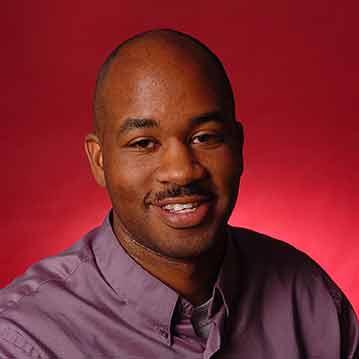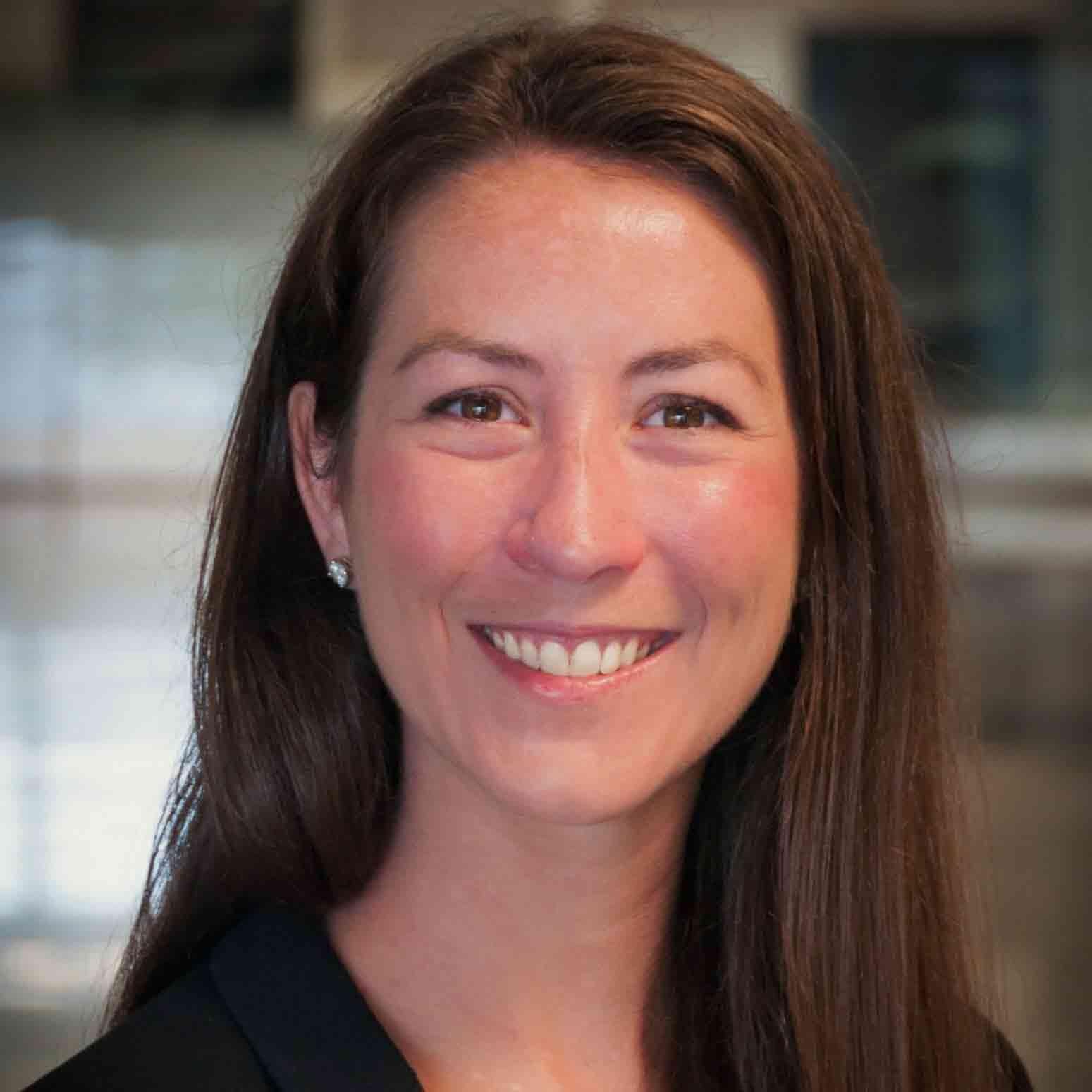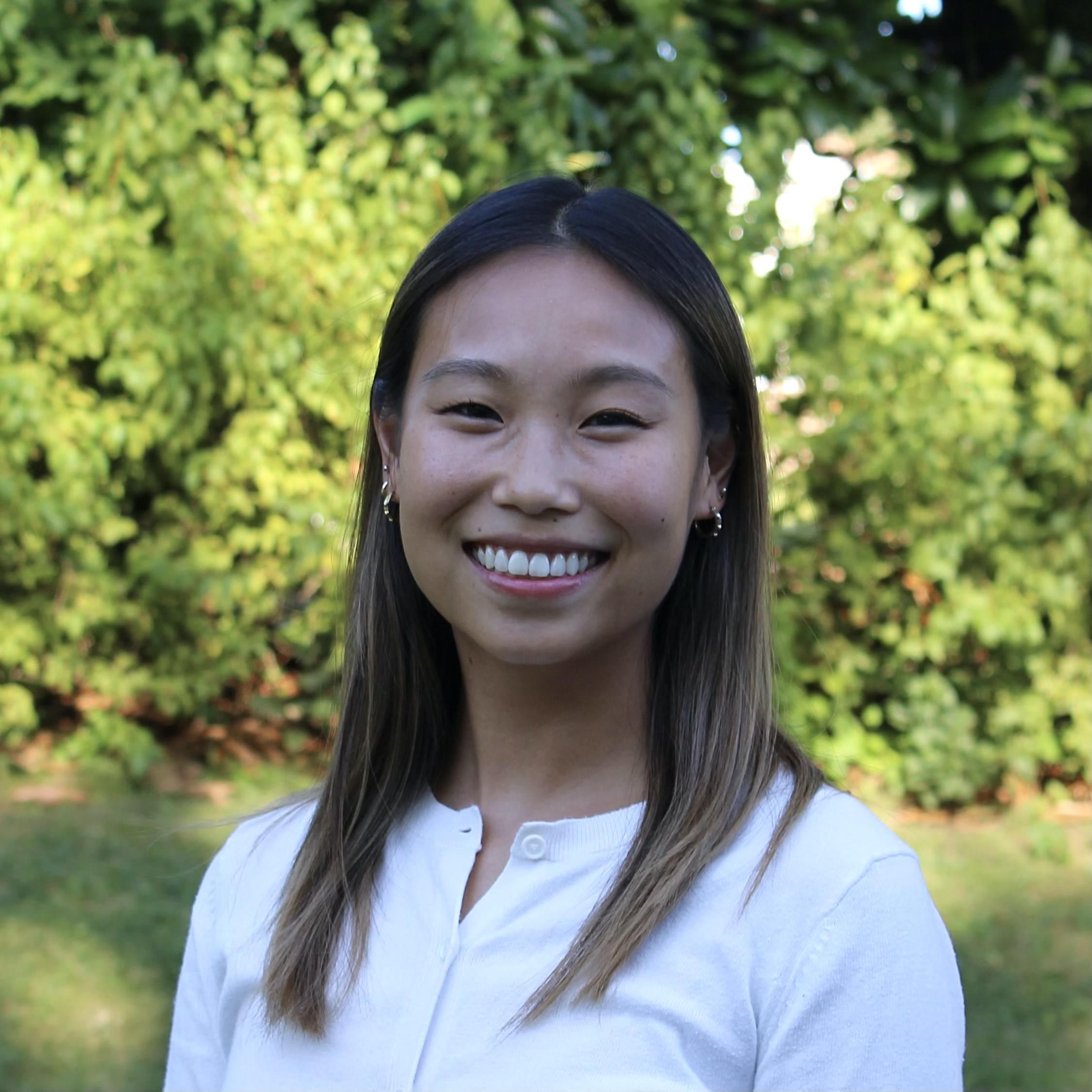Arts
Examining the role of The Arts as a catalyst for healing, transformation and action
Introduction
The practice of Art—in its infinite forms, functions and implications—is the most accessible and universal way of constructing meaning out of the world we inhabit.
Our Philosophy: The Arts are not just for experts. They are not solely for the enjoyment of the elite. They are not a superfluous extravagance. The Arts are for us all, expert and novice alike. They are not just an end in and of themselves, but a means. They shape, and are shaped by the world we inhabit.
Students in the Arts Scholars program gain a deeper understanding of the impact of art as a means to explore society and culture against the backdrop of our individual differences and shared experiences.
What you can expect: No matter your major, area of artistic interest, or skill level, as a member of our community, you will be challenged to strengthen your personal artistic skill set, experiment with new and different art forms, and gain a deeper understanding of the value of the arts in our personal and collective lives. We will investigate the power of the arts to:
- Communicate difficult concepts
- Advocate for social change
- Investigate the human experience
- Explore our own identities
- Develop our capacities as creative problem solvers and critical thinkers
- Reinforce, but also upend existing systems of inequality and oppression
Colloquium and Lecture Topics
Through a mix of lectures, discussions, demonstrations, collaborative art-making and interactions with guest artists, students consider:
- What is art? What is “good” art? Understanding social definitions of art and their influence on our beliefs of what should or should not be considered art.
- What does research look like in The Arts? Exploring common methods of research aligned with professional artistic practice.
- How have The Arts legitimated and perpetuated systems of inequality across race, socio-economic status, gender, etc.? Conversely, how can we leverage The Arts to generate equity and belonging? How can The Arts reshape or recontextualize understanding of our (individual and societal) learned history, biases and beliefs?
- West African djembe: Exploring the role of music in community building, storytelling and cultural understanding.
I have been challenged to think differently, work cooperatively, embrace creativity and, most importantly, go beyond the limits I have set for myself. Because of this program, I can confidently say I feel infinitely more prepared for the “real world,” and for that confidence and growth, I could never be more grateful.
Other Learning Opportunities
A variety of learning opportunities supplements the Arts curriculum. As an Arts Scholar, you will be introduced to artists, professional ensembles and world-class institutions each semester, through workshops led by guest artists; attendance at live performances in Washington, DC, New York City and on campus; and visits to the Smithsonian's renowned art and history museums.
In addition, you will get a chance to:
- Conceptualize, execute and present a capstone project of your choosing during your second year;
- Participate in service-learning with local schools and arts nonprofit organizations; and
- Cultivate valuable leadership and communication skills through peer mentoring and peer teaching opportunities.
Curriculum Overview
Over the two-year program experience (four semesters), students will complete up to 6 credits of supporting courses that will count toward your Arts Scholars citation. In most cases, these will also fulfill General Education requirements. Note that your Scholars courses—colloquiums, capstone practicum and supporting courses—will generally be in addition to any courses you take to satisfy major requirements.
The following represents a typical two-year curriculum, but individual schedules may vary. Details about courses and requirements can be found on the Arts Citation Checklist.
| SEMESTER | COURSE | CREDITS |
|---|---|---|
| Semester 1 | CPSA 100: Colloquium I | 1 credit |
| Semester 2 | CPSA 101: Colloquium II | 1 credit |
| Semester 3 | CPSA 200: Colloquium III | 1 credit |
| Semester 4 | CPSA 201: Colloquium IV | 1 credits |
| CPSA 240: Service Learning; or CPSA 250: Research (DSSP); or CPSA 260: Peer Teaching (DSSP) |
2 credits 2 credits 2 credits |
|
| Semester 1, 2, 3, or 4 | Supporting Course (var. Gen Ed) Supporting Course (var. Gen Ed) Supporting Course (DVUP or DVCC) |
3 credits 3 credits 1-3 credits |
Sponsoring College
Faculty



The Diamondback: UMD students' dance workshop highlights Japanese Butoh style, May 2022
Arts News
How This Life Sciences Scholar Taught the UMD Community About Self Care
When Anthony Sartori was a freshman at the University of Maryland (UMD), he recognized the need for a community-wide revitalization of care—something that would connect students with themselves and with others. “I came to college lacking self-care strategies,” Sartori says. “No one taught me how to properly take care of myself or what I need to do when I’m feeling overwhelmed.” So, the Life Sciences Scholar began having conversations with other College Park Scholars students, as well as Scholars Assistant Director Ben Parks. He realized that many others felt the same, and were interested in providing and facilitating self-care opportunities for their peers.
Scholars Executive Director Offers Leadership Lessons at Omicron Delta Kappa Ceremony
Last month, College Park Scholars Executive Director Marilee Lindemann was inducted into the Sigma Circle of ODK. She was asked to speak on her leadership philosophy at the induction ceremony. The following is an edited version of her remarks:
Alum From Inaugural Class of Justice and Legal Thought Headed to Berkeley Law
When Hope Goodman was considering where to attend college four years ago, she was enticed by the opportunity to be in the inaugural class of Justice and Legal Thought (JLT) Scholars at the University of Maryland. “The opportunity to take part in a brand-new program and provide constructive feedback for the classes that follow was incredibly enticing,” Goodman says, “because I knew that I could get involved on campus in a meaningful way immediately.” That desire to make a difference, combined with her ambition, has since set Goodman apart as a leader on the University of Maryland campus and in College Park Scholars. This month, she will be walking the stage as part of the first graduating class of JLT Scholars.
Scholars Turn 'Shower Power' Colloquium Project Into Real-Life Sustainability Push
In the Environment, Technology and Economy (ETE) Scholars program, the second-semester colloquium is largely devoted to the “Connections” Project. Teams of four to six students propose an idea to enhance sustainability on campus or in the community. They research an idea, propose how best to achieve it and implement one aspect of the proposal by the end of the semester.
A Scholar Takes a Cross-Cultural Venture into Science, Technology and Society
My first experience with Ecuador was in the winter of 2017. That was when I traveled there with Science, Technology and Society (STS) Assistant Director Matt Aruch and 16 other University of Maryland (UMD) students as a part of the STS-led short-term study abroad course, “Education, Technology and Society: Ecuador in Context.” I had originally found out about this opportunity during Admitted Students Open House when I was a senior in high school, and it had served as one of the many reasons I decided to join STS. I knew that I wanted to visit a Spanish-speaking country to sharpen my six years of school-acquired Spanish language and to experience the natural beauty of South America in an authentic and memorable way.
How Scholars Makes a Big School Feel Smaller
When students arrive at the University of Maryland (UMD), many feel overwhelmed by the enormity of the campus and its population. That’s why College Park Scholars works so hard to make a big school feel smaller. We do this by hosting events, encouraging discussions and connecting students with faculty and staff from day one—in other words, by building community. “Having a cohesive group of people interested in one idea ... is very powerful, and that’s one of the reasons why the Scholars living–learning experience is so special,” explains Cydnee Jordan, a sophomore public policy major and Justice and Legal Thought Scholar.

